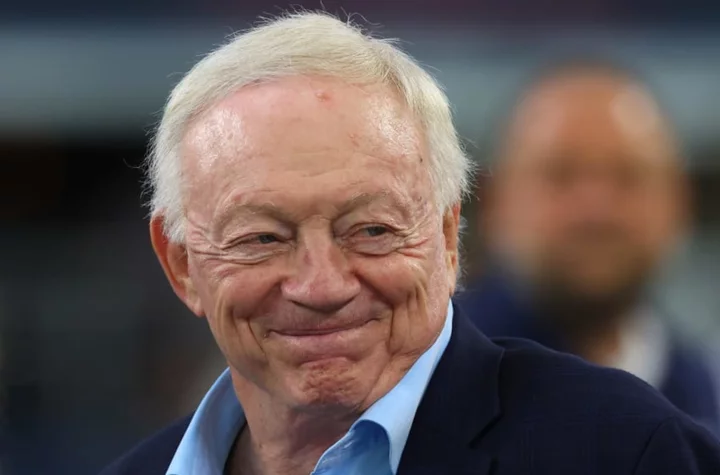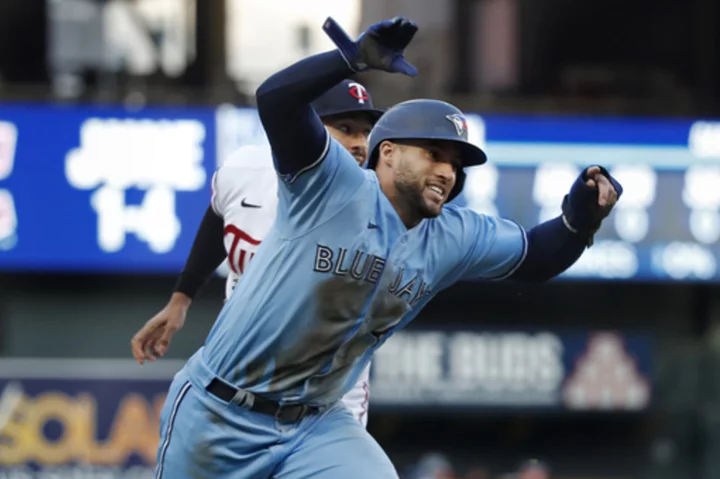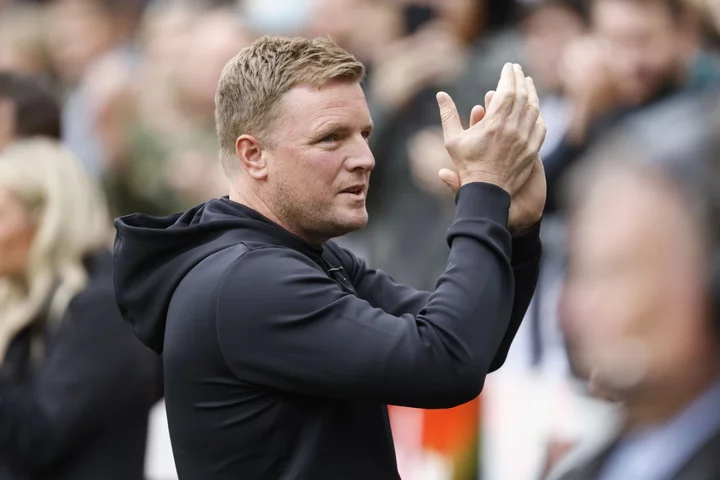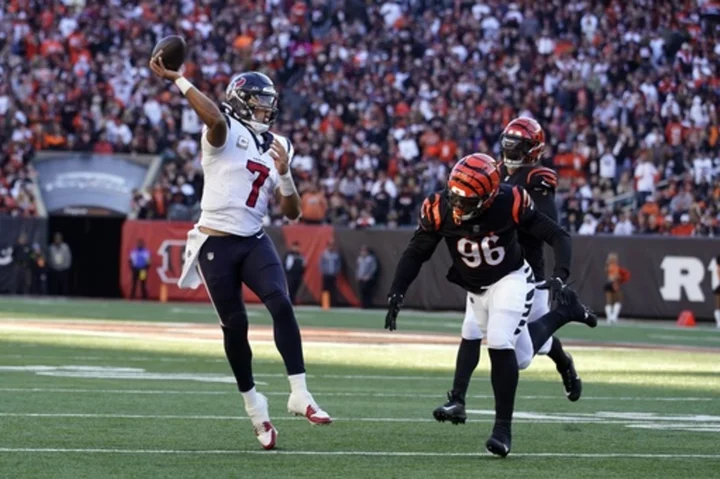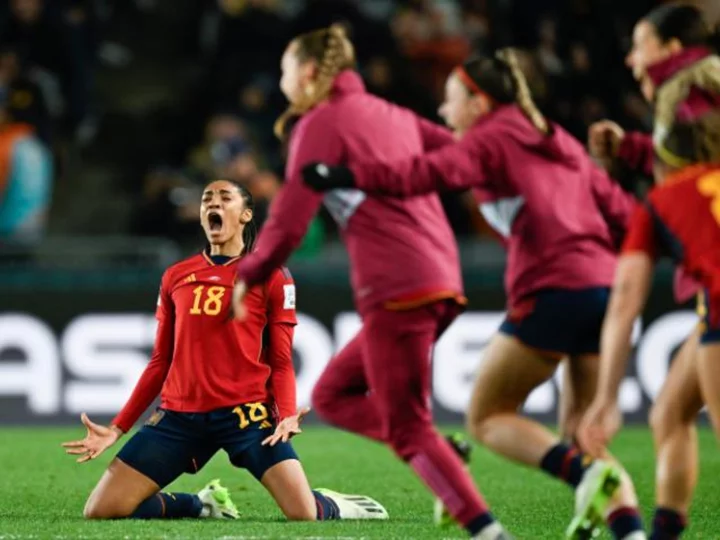The Dallas Cowboys sent shockwaves through the NFL with their decision to trade for Trey Lance, the former No. 3 pick of the San Francisco 49ers. Lance was recently demoted to QB3 with the Niners, behind both Brock Purdy and Sam Darnold, so him being traded wasn't a shock. The Cowboys being his new team, however, wasn't on anybody's bingo card.
On the surface, there's a justifiable risk-reward ratio here. Lance was the No. 3 pick for a reason; his dual-threat exploits at North Dakota State indicated immense NFL potential. The Cowboys only gave up a fourth-round pick. With only four NFL starts to his name, Lance's reps have been sparse enough to maintain the guise of untapped potential.
That said, the Cowboys basically traded a fourth-round pick to plant Lance right back in the QB3 slot. Dak Prescott is widely considered one of the 10 best players at his position. Cooper Rush fared extremely well during Prescott's absence last season, going 4-1 in five starts. Why invest in Lance if he's not going to play?
Jerry Jones recently expanded on the process behind the Lance trade, which appears to have been maddeningly one-sided. Jones basically admitted to not running the trade by any of his front office associates.
"I didn't have to send it around," Jones told Dallas sports radio station 105.3 The Fan, citing his vast knowledge about Lance. "I can make that trade in five minutes." This comes not long after Jones said he didn't consult with head coach Mike McCarthy or Dak Prescott on the trade.
Jerry Jones didn't ask for outside opinions on Dallas Cowboys' Trey Lance trade
That's not the most assuring statement for Dallas fans who are concerned about Jones' myopic and egocentric management style. He is the Cowboys' owner and GM, which allows him to do whatever the heck he wants, but that doesn't make Jones the most well-informed football mind. He has front office executives and coaches for a reason. If he's not consulting the lifelong students of the game, many of whom are making hundreds of thousands of dollars to help manage the team, then what even is the point?
This trade comes with distinct lose-lose potential. Lance is right back where he started, far removed from first-team reps or a genuine chance to prove his worth. The Cowboys are out of a draft pick for a player who may never see meaningful playing time.
Lance is only 23 years old, so one has to imagine Jones is pitching the longview here — at least to himself. Dak Prescott's contract has an out ahead of next season and there has been no traction on extension talks. Cooper Rush was effective in his appearances last season, but he's six years older than Lance and hardly a QB of the future.
Jones, with his all-powerful status in the Cowboys organization, can tip the scales in Lance's favor if he's a strong enough believer in the Niners cast-off. Lance was supposed to be San Francisco's starter last season, but injuries and Brock Purdy got in the way. He will get the opportunity to study under Dak Prescott in the meantime, but there's a conceivable future world in which Lance takes over the reins from Prescott.
That said, it would be extremely risky to transition from an established Pro Bowl talent like Prescott to an unknown like Lance. Dallas has spent exorbitantly to build and maintain a winner. The focus should probably be on winning a Super Bowl and finding a way to amicably keep Prescott around next season and beyond. If that's the best course of action, the Lance trade doesn't make much sense. One has to imagine Jones' coworkers would have lobbied such concerns had he taken five minutes to ask them.

